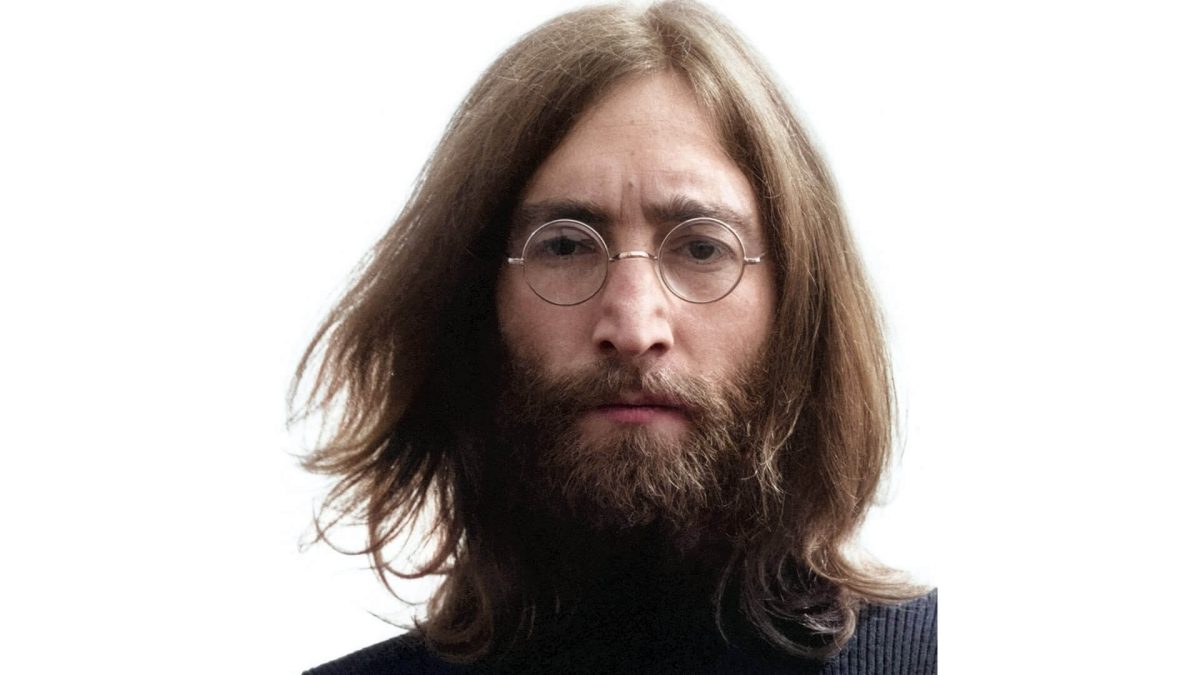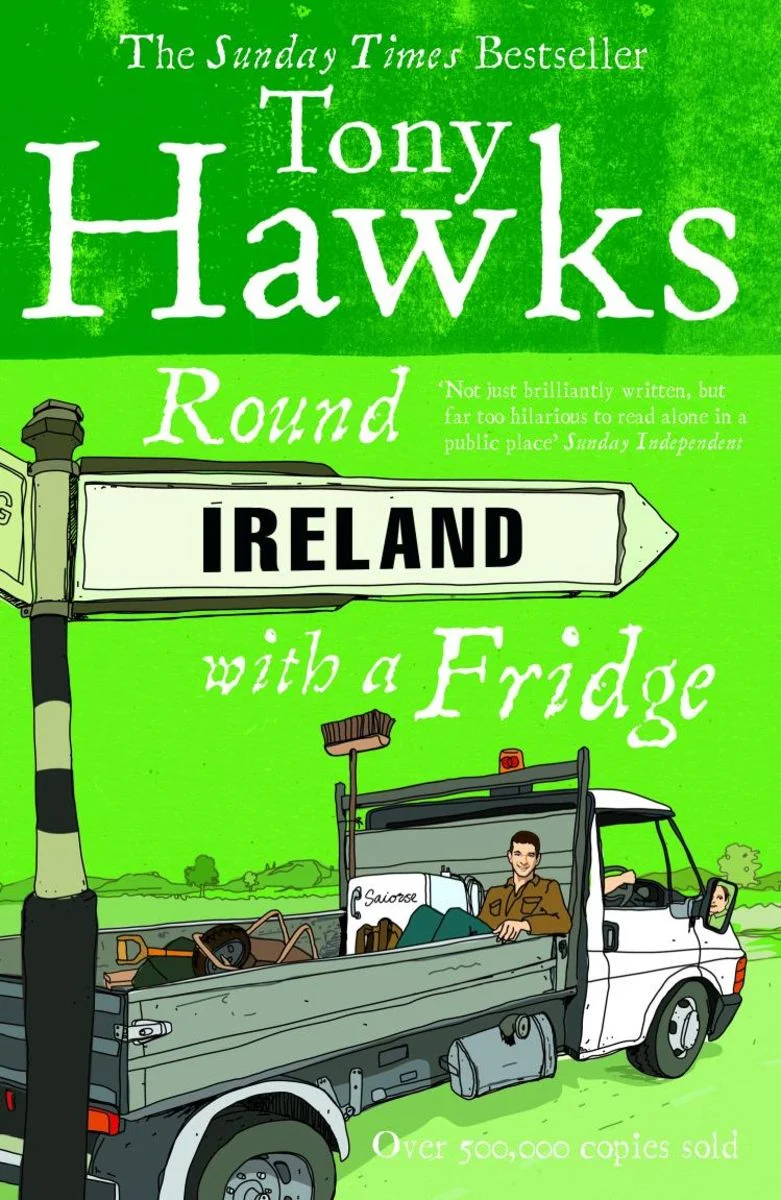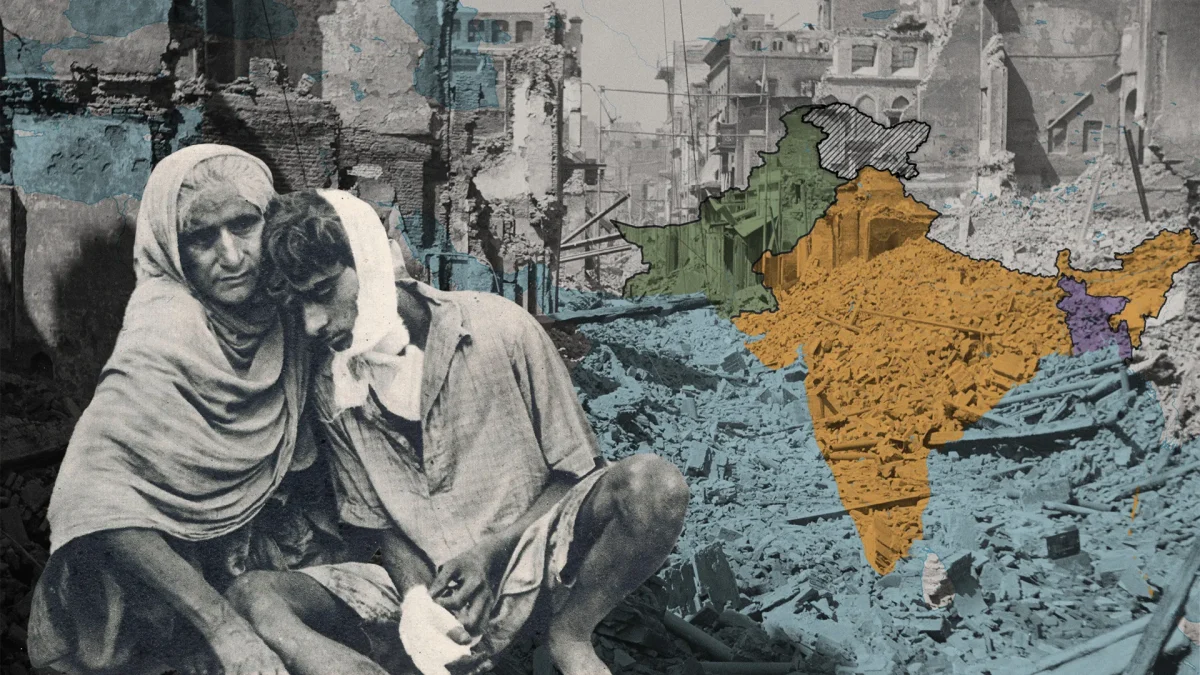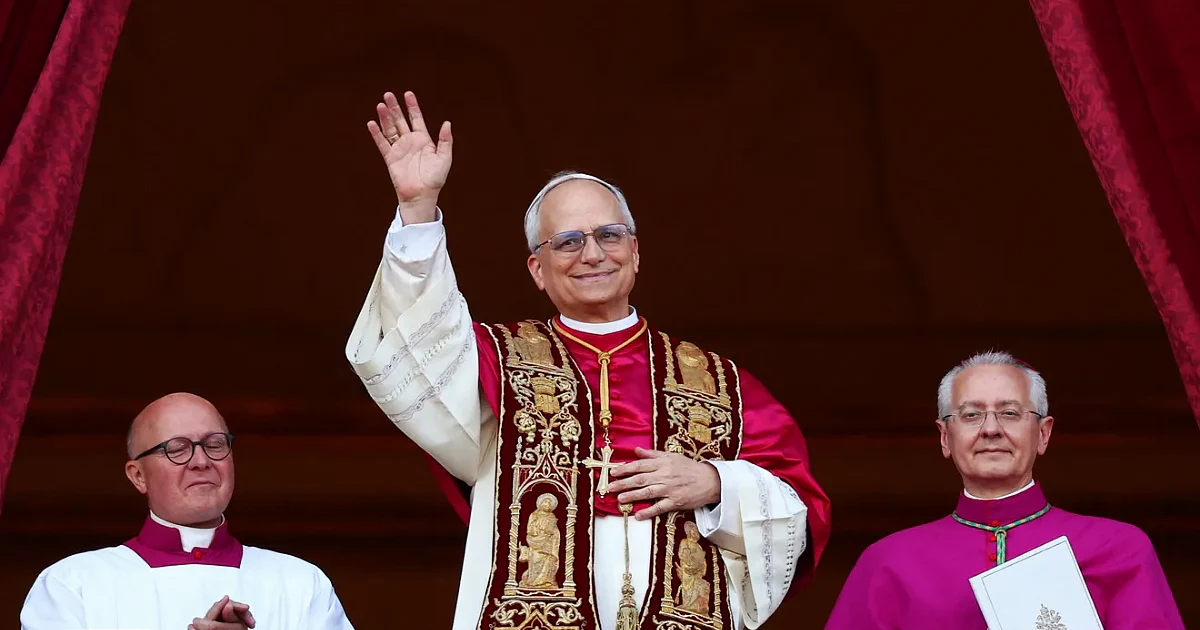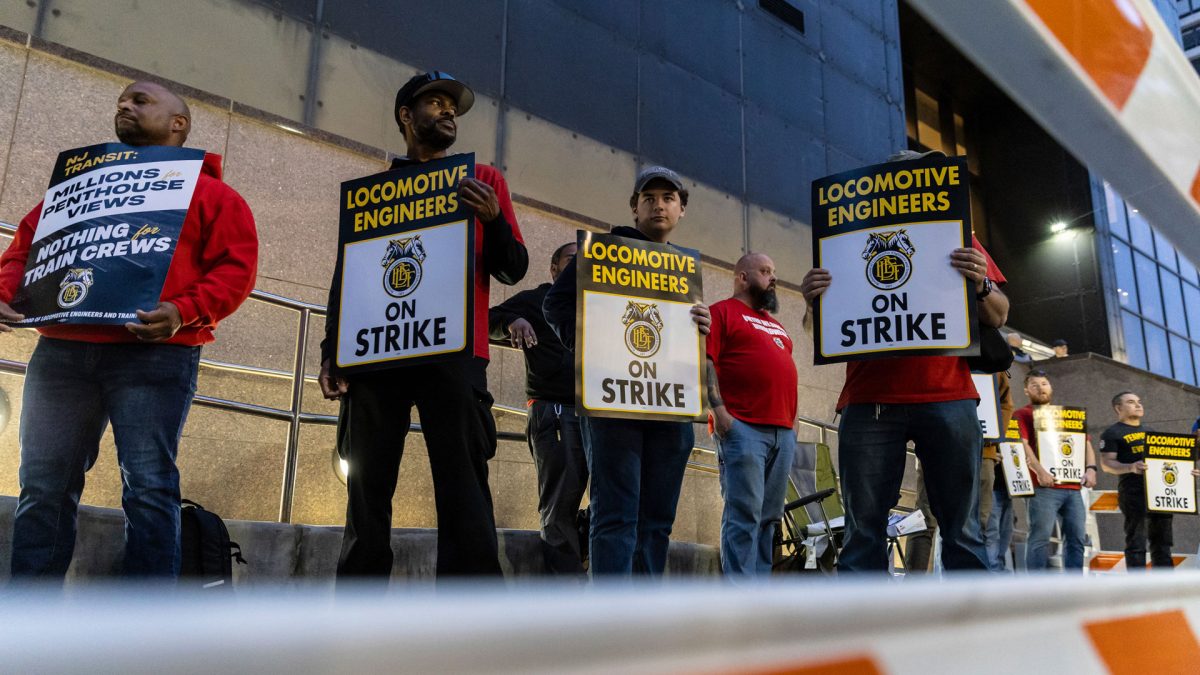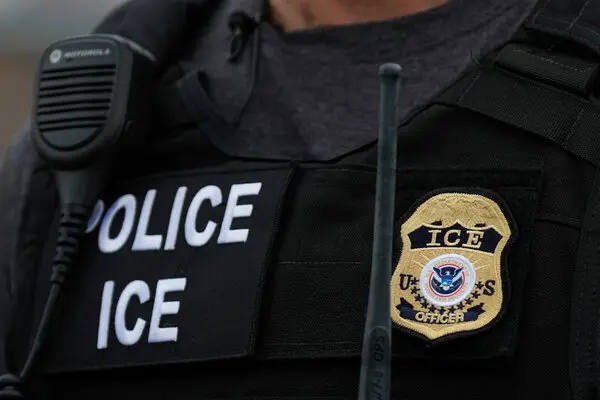Music is an art form, and like any other art, it’s often used to express emotion and beliefs. Political beliefs are frequently conveyed through different melodies, sometimes literally through lyrics and other times in more of an undertone of the songs. A plethora of the most influential political songs are from the 1960s; the political scene of the ‘60s led many artists to write songs on their opinions on what was happening in the world, most notably, the Vietnam War. One of the people who guided numerous other artists in creating music about their political beliefs was musician and activist John Lennon.
Lennon was born on October 9, 1940, in Liverpool, England. He was raised by his maternal aunt for the duration of his childhood but remained somewhat close to his mother whilst being alienated from his father. His mother taught him how to play the banjo and piano, helping him learn to create his own music. By the age of sixteen, Lennon and his friend Paul McCartney formed the Quarrymen, which would quickly evolve into the Beatles after George Harrison and Ringo Starr joined. In seven short years, the Beatles became what is thought to be the most influential and the greatest band of all time by most people, myself included. Lennon acted as a songwriter, rhythm guitarist, and occasionally a harmonica player or keyboardist.
While most of Lennon’s more memorable activism happened after the Beatles, he still shared his beliefs on the government while he was in the band. He defied the Beatles’ manager’s wishes and publicly condemned the Vietnam War alongside his bandmates. In a 1968 interview at the National Theatre, he said, “I think our society is run by insane people for insane objectives, and I think that’s what I sussed when I was 16 and 12, way down the line. But, I expressed it differently all through my life. It’s the same thing I’m expressing all the time, but now I can put it into that sentence that I think we’re being run by maniacs for maniacal ends.”
A couple years after the Beatles formed, John married his first wife, Cynthia Powell. Together, they had Julian Lennon. In just a few years, though, he would leave her for Yoko Ono, an unconventional, controversial, and infamous activist who influenced him to further his activism. For example, John and Yoko invited reporters to join them at their honeymoon suite in Amsterdam on March 25, 1969, just days after their marriage. When the press arrived, they informed the reporters that they were conducting a week-long bed-in, or a nonviolent protest where one sits in bed for a long duration of time, to promote world peace. The pair said that they were experimenting with new ways of protesting. The couple had recently been criticized by the media for the initiation of their relationship (John cheated on Cynthia with Yoko), but they said they were using the negative attention to their advantage and as a way to promote peace to a larger audience. They conducted two more bed-ins during their honeymoon.
The Beatles broke up in 1970 over the death of the manager, Brian Epstein, their popularity and the craze of Beatlemania, and creative differences between members. Lennon started his solo career later in 1970 with the release of ‘Plastic Ono Band.’
John moved to New York City with Yoko in 1971 on a B1/B2 Visitor Visa, which is for people who wish to enter the United States temporarily. Many things were going on in America in the sixties and seventies, most notable being the Vietnam War. Lennon and Yoko would often attend or lead protests.
In the same year that Lennon moved, he released “Imagine” from an album by the same name, which many people agree is his most politically influential song. “Imagine” is so impactful “because of the reach that it has,” says Dr. Darren Gage, music teacher of Glen Ridge High School, “So many people know that song, and they know it from the beginning piano notes.” He also brings up that “it was exactly what the world needed at the time, and it perfectly reflects him and what he was about.” In addition, the succinctness of the lyrics is what makes “Imagine” such a powerful song; songs with a political undertone are influential, but “Imagine” is easy for anyone to understand without decoding anything.
Lennon’s activism was so politically powerful that Richard Nixon tried to deport him. Lennon was, at this point, a big inspiration and, as said by Dr. Darren Gage, an almost spiritual figure due to his reverence. Nixon referred to Lennon as a ‘counterculture enemy’ and was paranoid that he would inspire younger people to vote against Nixon, especially since this was the year the voting age became 18 instead of 21. Lennon was told to leave but didn’t listen. On July 18, 1974, he was officially told again to leave the country by the Board of Immigration Appeals and that he had until September 10 to leave before he would face deportation. However, Yoko was granted permission to stay in the States as a permanent resident. By the time Lennon appealed the case, Nixon had resigned due to Watergate, and his predecessor, Gerald Ford, didn’t continue the deportation proceedings.
John Lennon was shot on December 8, 1980, by Mark David Chapman, a once-fan dealing with mental problems of his own. His death was devastating to his family, friends, and the many people who looked up to him and idolized him. “They use the word assassination for Lennon, which is interesting because he is the only non-politician that they’ll use the word assassination. That’s because it felt like an assassination; that’s how much it gripped people. It didn’t just feel like some artist was killed; it felt like a political assassination,” says Dr. Gage.
Although John Lennon is an extremely notable figure in musical activism, there are tons of other activists who display their political views via songwriting. There are innumerable musicians and genres that are influenced by political views.
One significant genre that’s influenced by political views is punk music. Some punk ideologies are anarchy, anti-establishment, anti-capitalism, anti-status quo, non-conformity, DIY ethic, and freedom of the people and expression. At first, people were trying to revive garage rock in the late 60s, but the title ‘punk rock’ began in the mid-1970s in New York City to defy the corporate nature of mainstream music at the time. The movement also began in part as a means to drown out the preceding hippie culture. The ‘big three’ of that time include the Clash, Ramones, and the Sex Pistols, because of their influence on the sound, looks, and attitude that are often attributed to punk culture. Punk musicians are influenced by their ideologies and often display their views in their songwriting.
Punk also has its own subgenres, like riot grrrl. Riot Grrrl began in the early 1990s in Olympia, Washington, and was led primarily by the band Bikini Kill. The subgenre began when Kathleen Hanna, the lead singer of Bikini Kill, and her friends were tired of the sexism they experienced in the punk music scene. They stood for female empowerment and tried to influence other women to start their own bands. The movement failed in the late 1990s due to its exclusion of women of color and transgender women, but the influence of the bands that rose during the riot grrrl era is still present today.
On the other hand, some genres lean much more conservative. A lot of country music is created and enjoyed by people in southern America, where more conservatives live. Even if a country band isn’t necessarily conservative, their fans often are. In 2003, the then Dixie Chicks’ lead singer, Natalie Maines, criticized George W. Bush and the Iraq War. Country radio stations that didn’t share the same ideas blacklisted the band, and conservative fans would send death threats to the band. Both corporate sponsors and sales declined. The Dixie Chicks would eventually apologize, but they are still considered by many to be one of the first targets of cancel culture.
Now as the 2024 election has begun, musicians have used their popularity to sway voters one way or another and are endorsing presidential candidates that they agree with. Vice President Kamala Harris has been endorsed by Taylor Swift, Amy Lee of Evanescence, Ariana Grande, Bad Bunny, Beyonce, Billie Eilish, and many other popular artists. Some musicians haven’t endorsed Harris, but are voting for her anyway: some examples are Chappell Roan and Kathleen Hanna of Bikini Kill and Le Tigre. Donald Trump has been endorsed by Kanye West, Billy Ray Cyrus, DaBaby, Kid Rock, and Jason Aldean, among others.
In conclusion, politics have always been a huge part of music. Between musical activists like John Lennon and all the genres that are influenced by politics, it’s evident that ideas on the government and social movements have and will impact musicians heavily. Music allows us to discuss political opinions creatively, and oftentimes songs are applicable to many different situations. Musicians should exercise their freedom of expression and use their popularity to express their political opinions.
